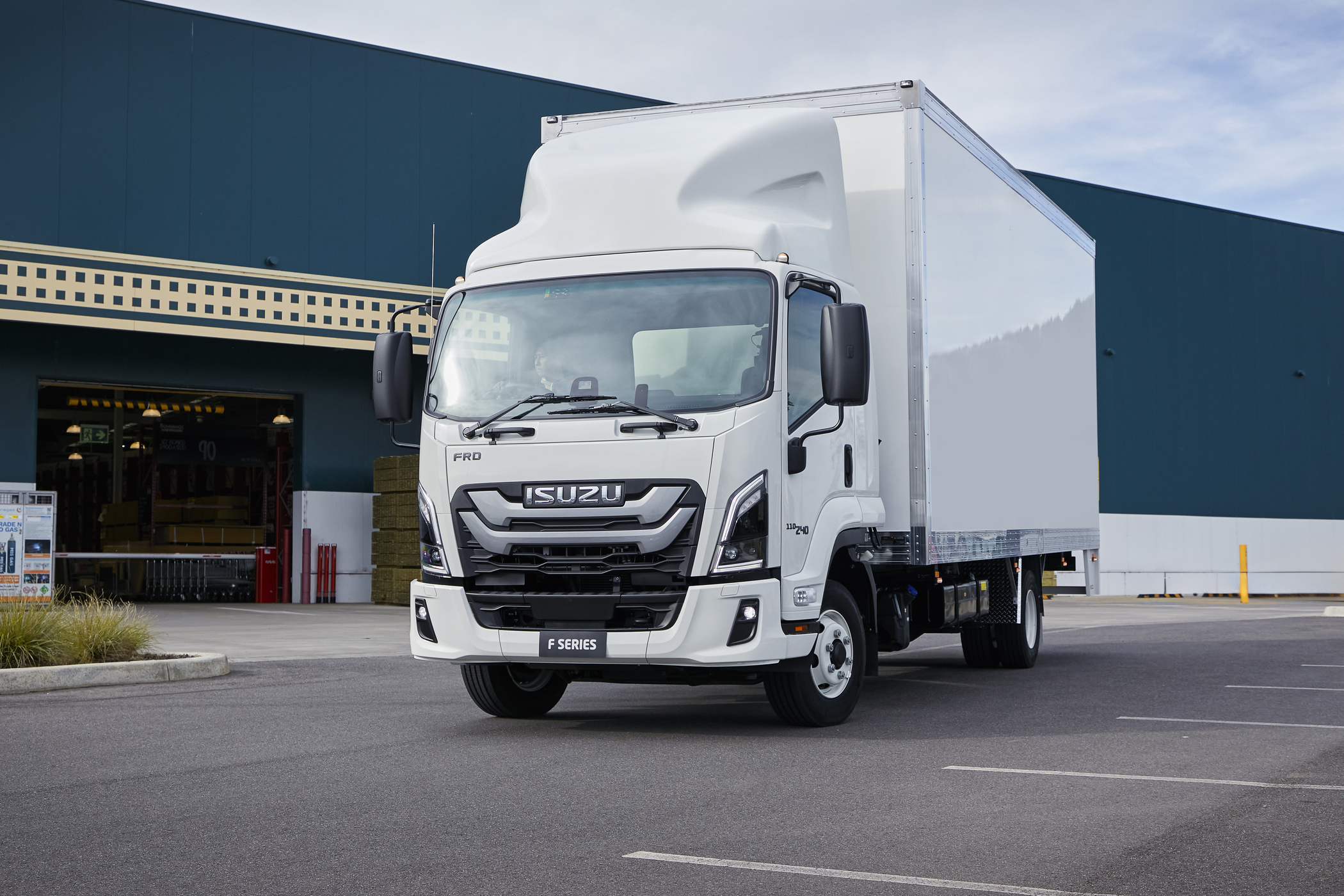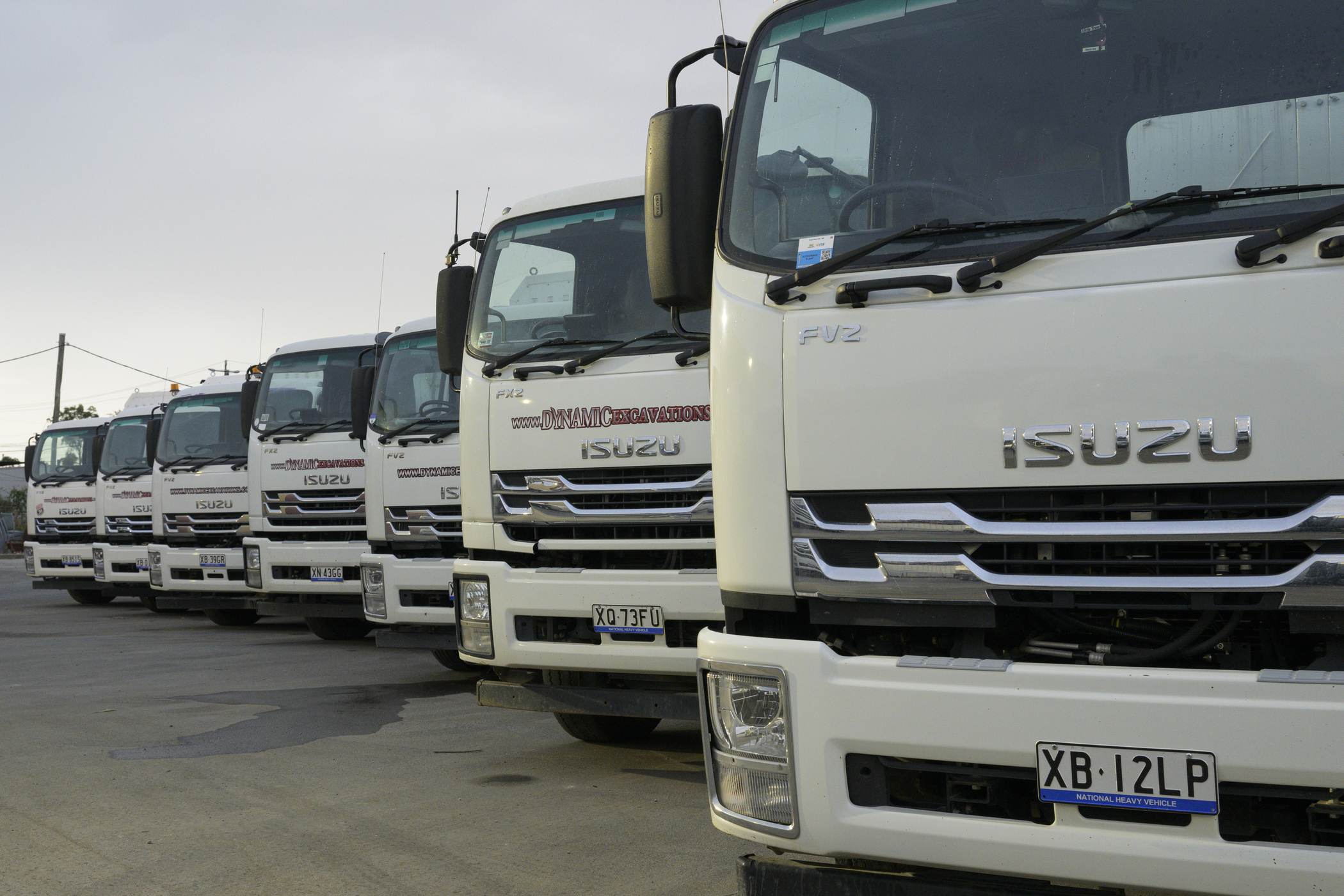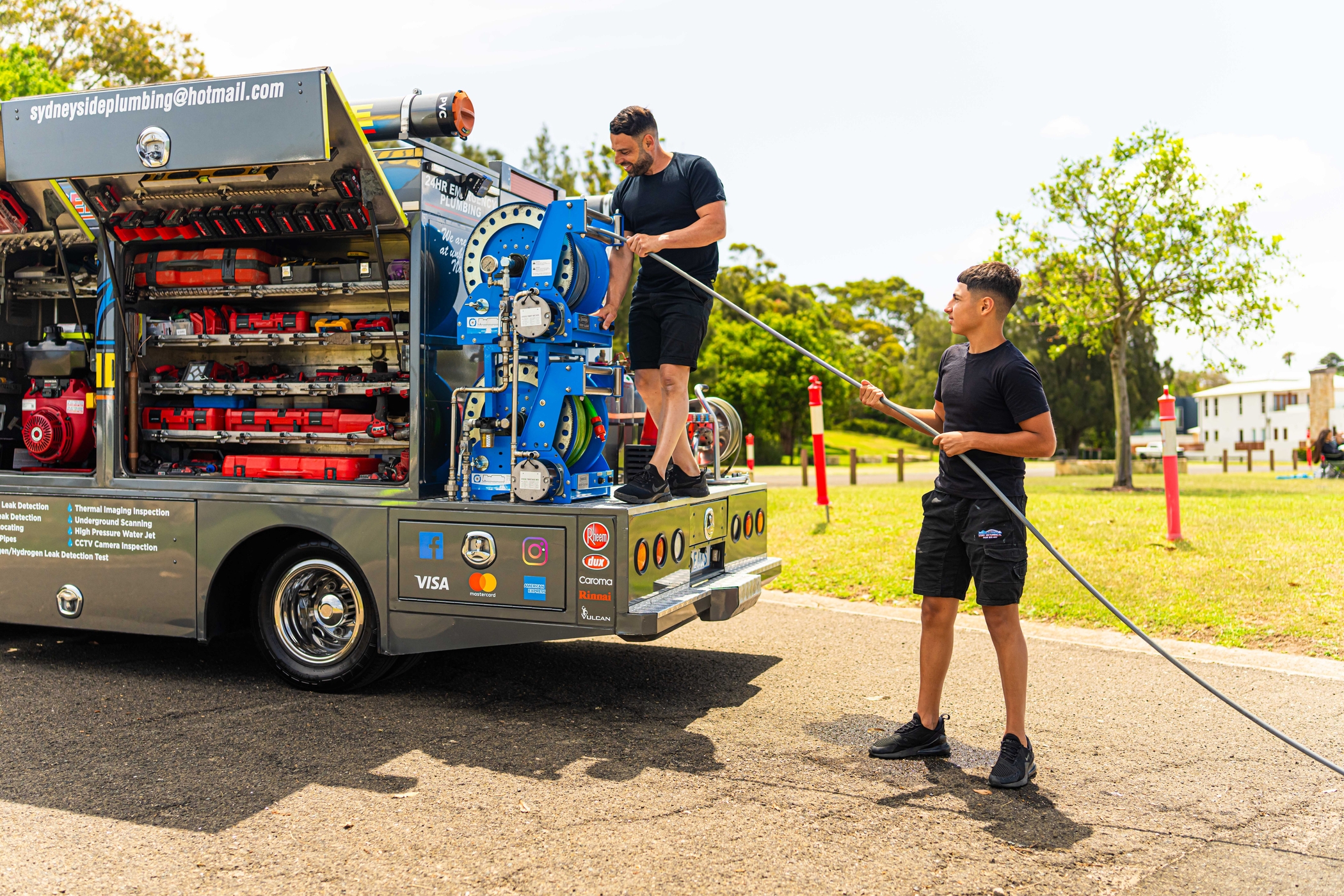SUM OF ALL PARTS: IS YOUR TRUCK CoR-COMPLIANT?

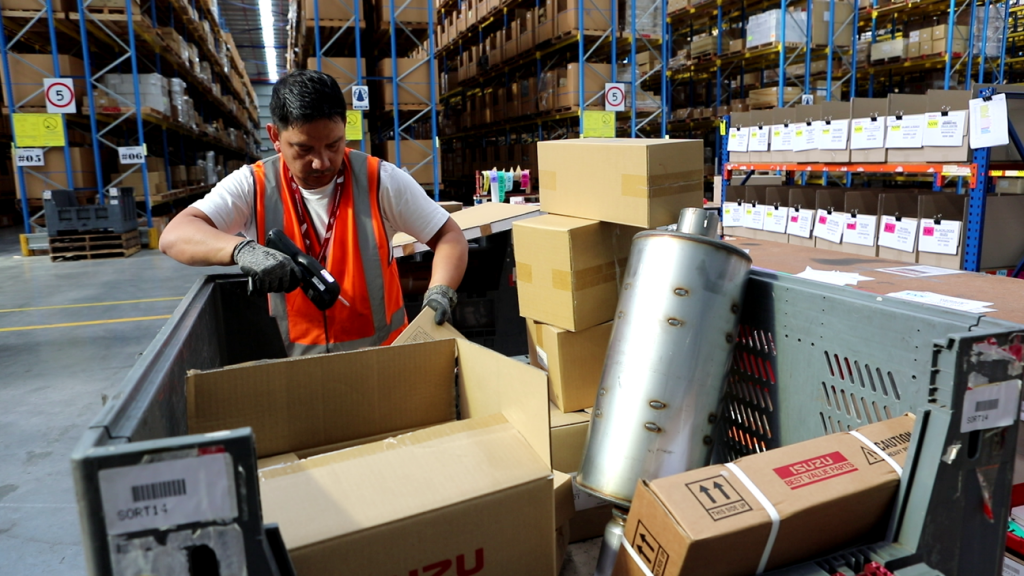 CoR applies to everyone involved in the entire transport supply chain, not just major fleet owners. Owner-drivers, business owners (even small businesses) through to loaders and unloaders—all are legally obligated to minimise or eliminate potential risks, and are expected to undertake reasonable measures to ensure safety.
Keeping your truck safe… CoR-safe
An often-overlooked aspect of CoR is the health of all vehicles you put out on the road. The law necessitates all heavy vehicles are regularly maintained to ensure they are kept in good and safe working condition to operate safely on the road.
CoR applies to everyone involved in the entire transport supply chain, not just major fleet owners. Owner-drivers, business owners (even small businesses) through to loaders and unloaders—all are legally obligated to minimise or eliminate potential risks, and are expected to undertake reasonable measures to ensure safety.
Keeping your truck safe… CoR-safe
An often-overlooked aspect of CoR is the health of all vehicles you put out on the road. The law necessitates all heavy vehicles are regularly maintained to ensure they are kept in good and safe working condition to operate safely on the road.
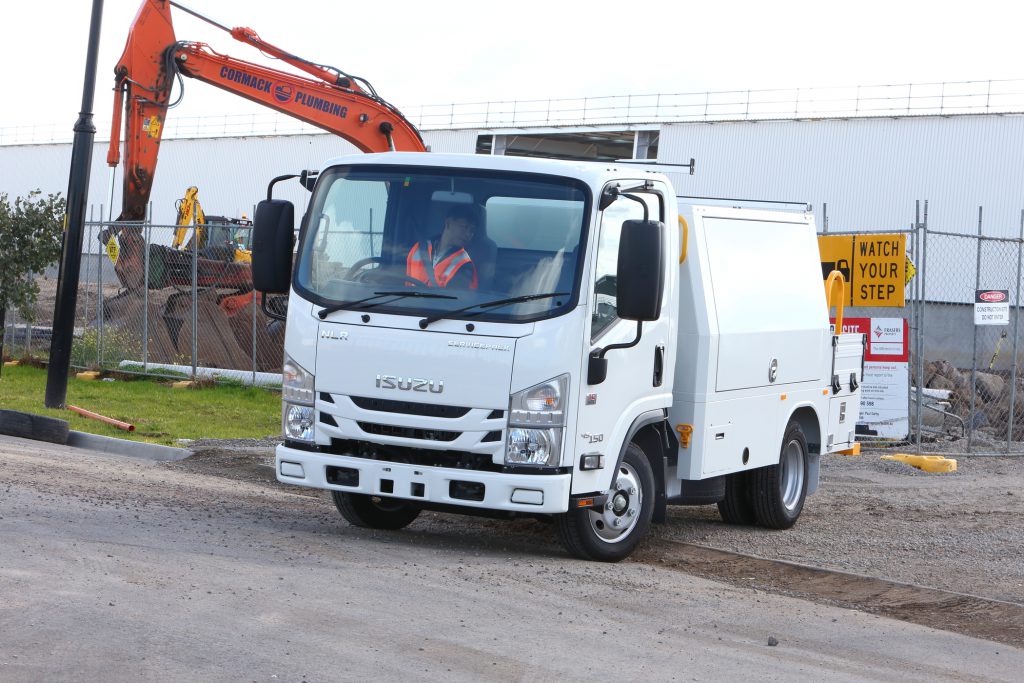 Maintenance is of course essential for any piece of machinery (to extend its working lifespan) and trucks are no different.
And for busy operators planning for long-term whole-of-life cost efficiency, a major priority should be to extend the ongoing value and lifespan of the truck. After all, acquiring a truck is a significant investment for any business, big or small.
There are several ways to ensure a vehicle is being optimally maintained, such as having a regular servicing schedule, undertaking prompt repairs where needed, and using genuine OEM parts fitted by an authorised technician.
The benefits of installing genuine OEM parts in your truck will not only help extend the working life of your truck, but also assist you in meeting your CoR obligations.
Safety and benefits: genuine parts
The adage, ‘you get what you pay for,’ rings true in this context.
Genuine OEM parts and componentry are engineered and refined over time to fit specific truck makes and models, thus delivering not only in compatibility, but also in performance, efficiency and safety.
Furthermore, the use of genuine OEM parts can contribute to reducing whole-of-life costs, as these parts are often covered by manufacturer warranty.
Maintenance is of course essential for any piece of machinery (to extend its working lifespan) and trucks are no different.
And for busy operators planning for long-term whole-of-life cost efficiency, a major priority should be to extend the ongoing value and lifespan of the truck. After all, acquiring a truck is a significant investment for any business, big or small.
There are several ways to ensure a vehicle is being optimally maintained, such as having a regular servicing schedule, undertaking prompt repairs where needed, and using genuine OEM parts fitted by an authorised technician.
The benefits of installing genuine OEM parts in your truck will not only help extend the working life of your truck, but also assist you in meeting your CoR obligations.
Safety and benefits: genuine parts
The adage, ‘you get what you pay for,’ rings true in this context.
Genuine OEM parts and componentry are engineered and refined over time to fit specific truck makes and models, thus delivering not only in compatibility, but also in performance, efficiency and safety.
Furthermore, the use of genuine OEM parts can contribute to reducing whole-of-life costs, as these parts are often covered by manufacturer warranty.
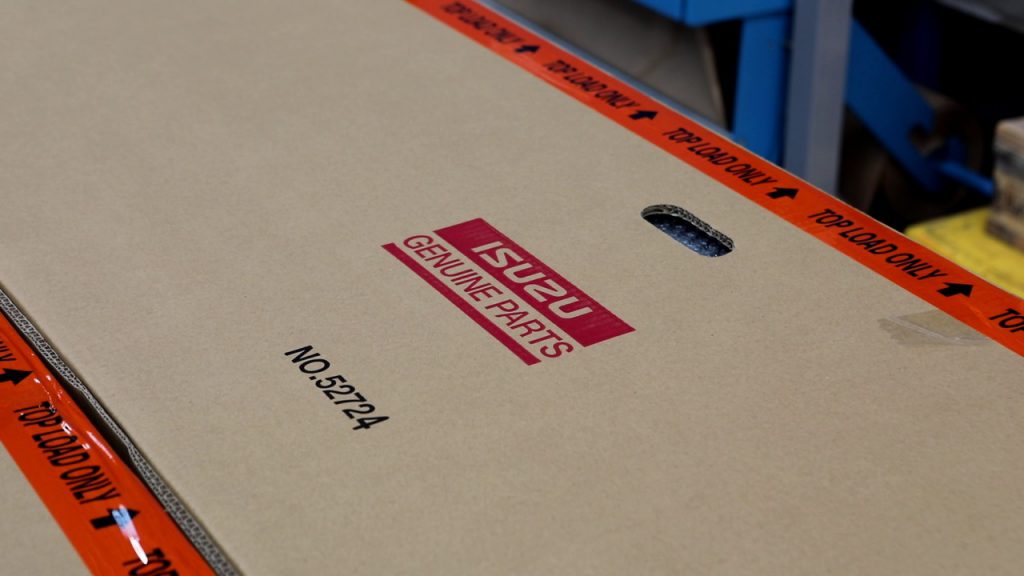 Peace of mind
Beyond fulfilling CoR obligations, vehicle safety is not something to be taken lightly when lives could be at stake.
To ensure CoR is adhered to and breaches don’t occur, the HVNL has introduced stiff penalties. These penalties comprise infringeable offences, demerit points and court-imposed penalties, as well as imprisonment for Category 1 offences. Depending on the nature of the offence, court-imposed penalties range from $1,650 through to $22,000 for serious breaches.
Relying on the proven performance of genuine parts and componentry can help ensure CoR obligations are duly fulfilled, and that safety is made a top priority.
On top of that, using compatible, tested, warranty-backed parts and componentry will provide a peace of mind that money just can’t buy.
Peace of mind
Beyond fulfilling CoR obligations, vehicle safety is not something to be taken lightly when lives could be at stake.
To ensure CoR is adhered to and breaches don’t occur, the HVNL has introduced stiff penalties. These penalties comprise infringeable offences, demerit points and court-imposed penalties, as well as imprisonment for Category 1 offences. Depending on the nature of the offence, court-imposed penalties range from $1,650 through to $22,000 for serious breaches.
Relying on the proven performance of genuine parts and componentry can help ensure CoR obligations are duly fulfilled, and that safety is made a top priority.
On top of that, using compatible, tested, warranty-backed parts and componentry will provide a peace of mind that money just can’t buy.
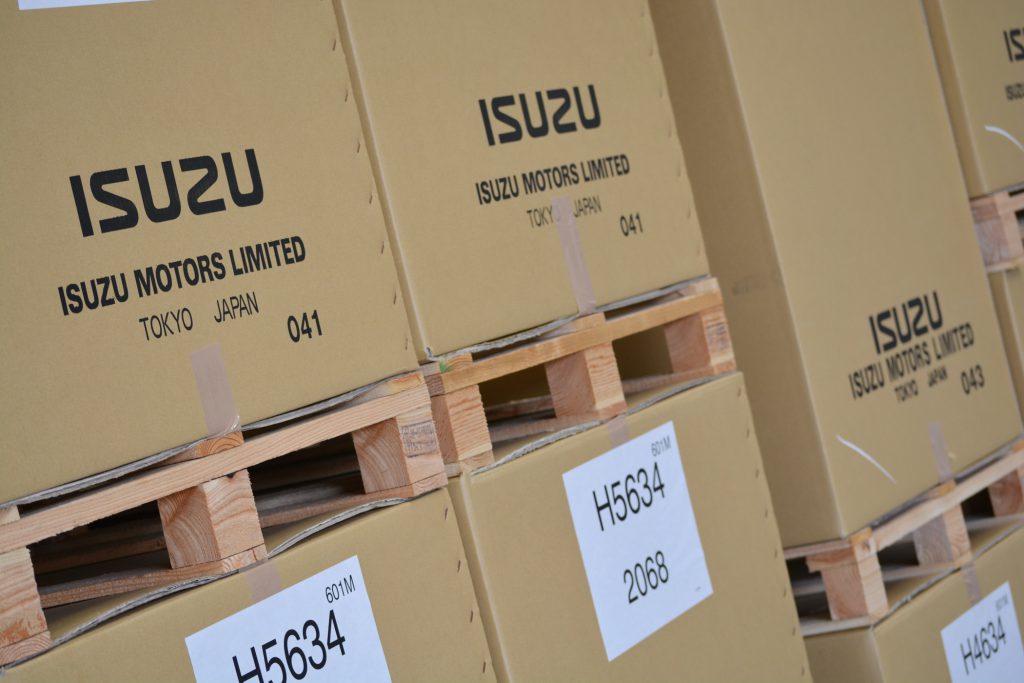



The all-new Isuzu truck range is about to arrive.
Register your interest and we'll keep you in the loop with the latest updates.
Learn More

